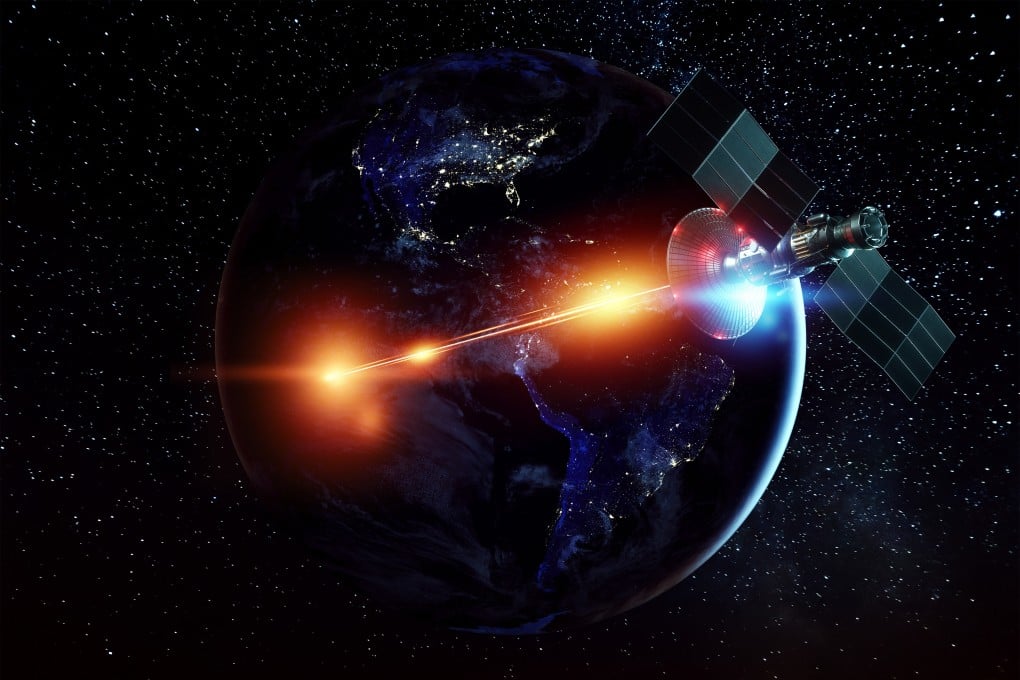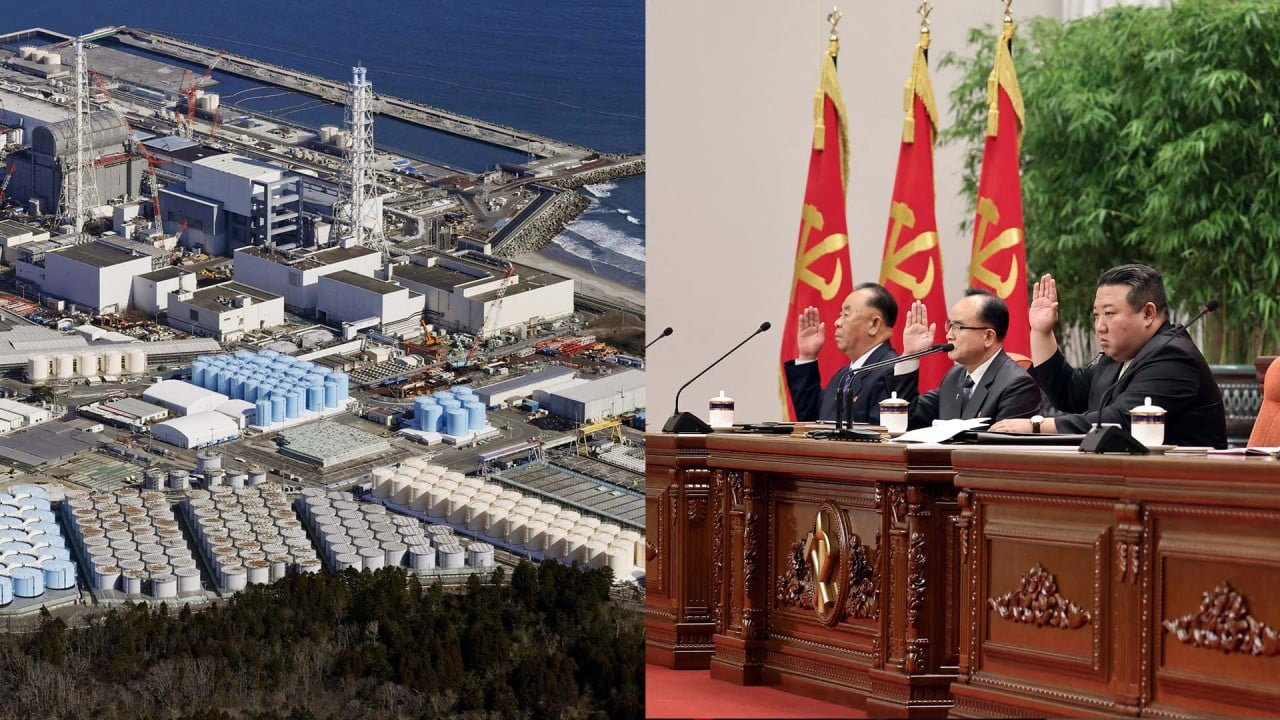Advertisement
China’s hypersonic tungsten rod experiment challenges the US ‘rods from God’ space weapon concept
- A scientific experiment has suggested a kinetic energy space weapon may not work as an effective bunker buster as previously thought
- The idea for a ‘rods from God’ hypersonic weapon was first conceived by the US military during the Cold War
Reading Time:5 minutes
Why you can trust SCMP
6

Stephen Chenin Beijing
A hypersonic space weapon concept, nicknamed “rods from God”, which was first dreamed up during the Cold War, might not be as effective as previously thought, according to a new study.
The idea for the hypersonic tungsten rod weapon involves dropping a large tungsten rod from a satellite or other spacecraft in orbit. When the rod hits the target at a speed of Mach 10, a tremendous amount of kinetic energy, similar to that of a nuclear weapon, would be released.
When it was first conceptualised, it was thought the weapon would be like a biblical plague raining down destruction from above – hence the term “rods from God”. But although it has been proposed by the US military repeatedly for decades, there is no evidence that any country has developed or deployed such a weapon.
Now, researchers at the North University of China in Taiyuan, Shanxi province, have had surprising results from an experiment they conducted to see what would happen if such a weapon hit a military concrete bunker.
The team, led by mechanical and electrical engineering scientist Fu Jianping with the university’s intelligent weapon research institute, accelerated tungsten rods to extreme velocities up to 3km per second (1.86 miles per second), or nearly nine times the speed of sound.
Tungsten is very dense and hard, and has the highest melting point of all metals. These properties make it an excellent material for use in kinetic energy weapons that kill with velocity and mass.
Advertisement
